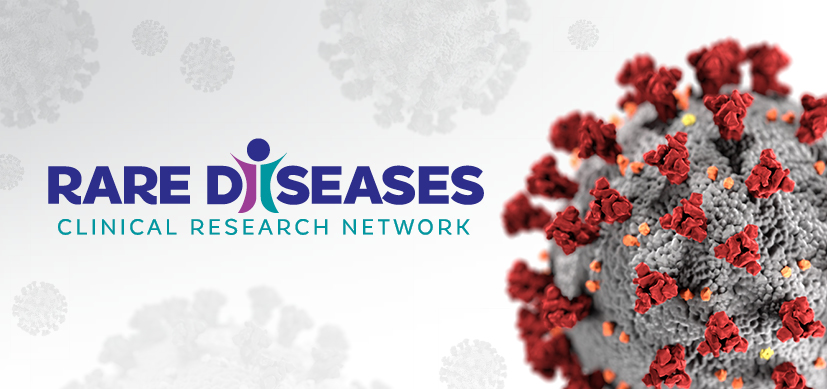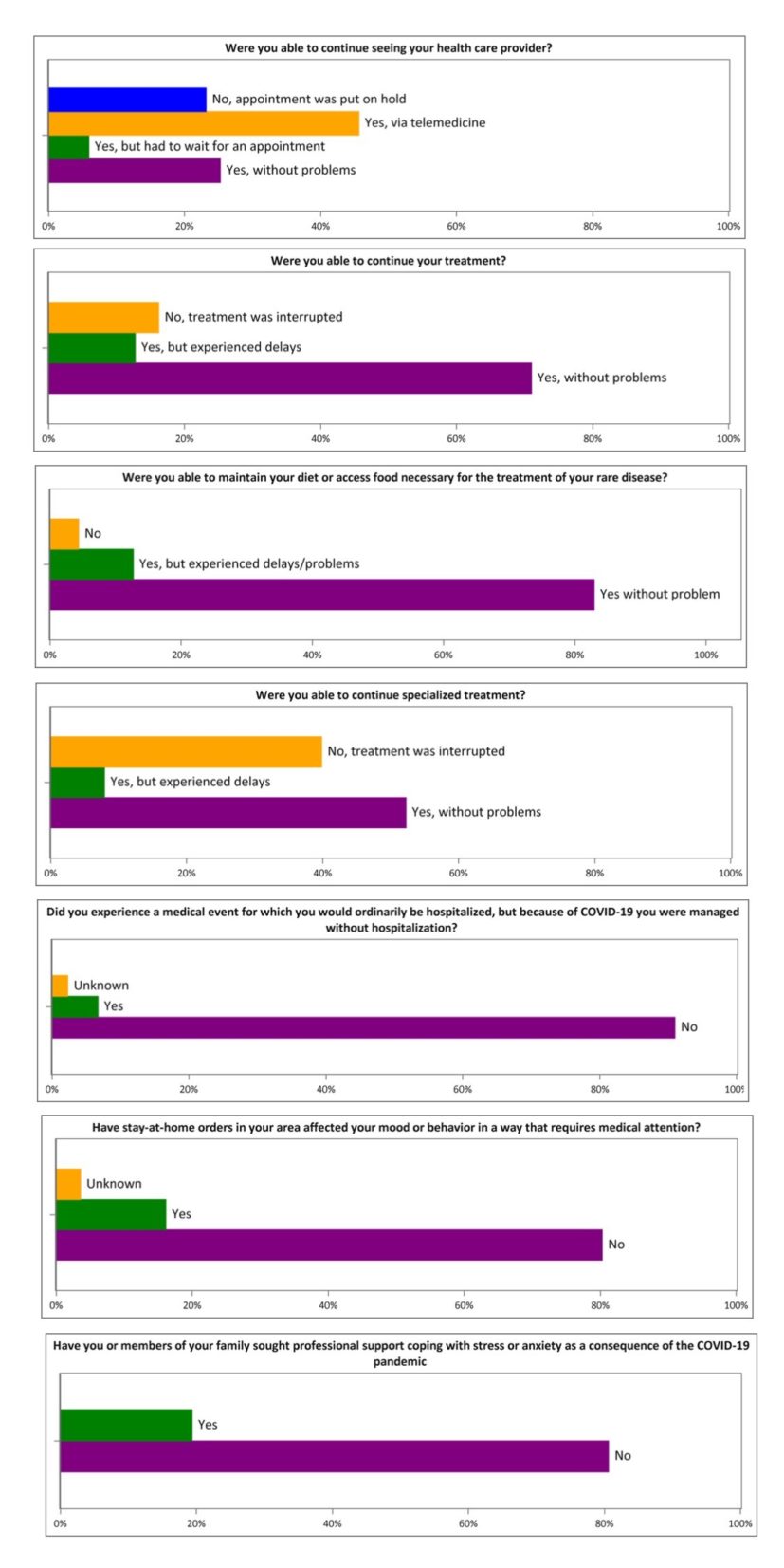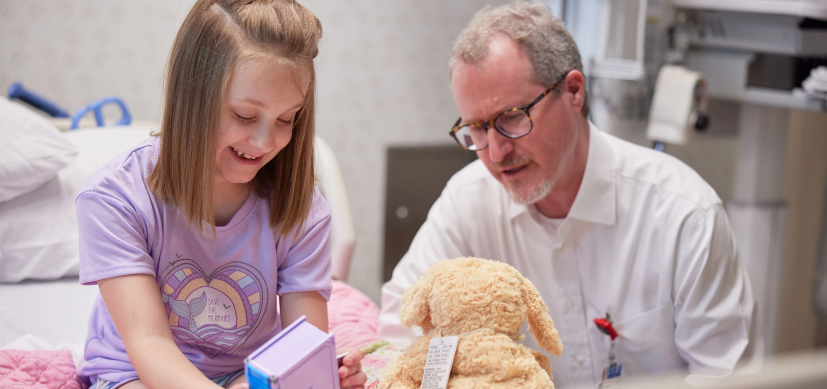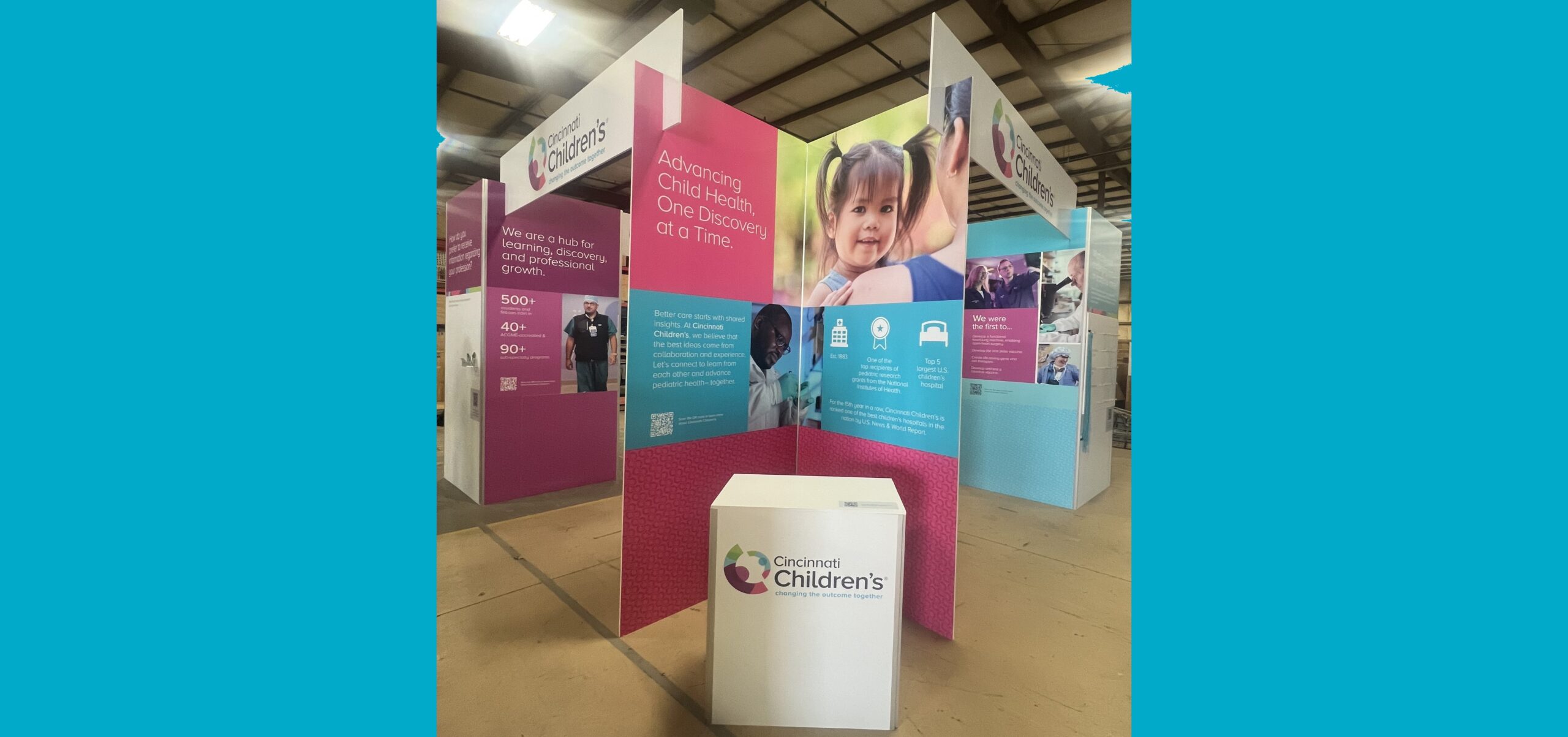Survey: COVID-19 Disrupts Care for People with Rare Diseases
Post Date: February 17, 2021 | Publish Date:


A survey of more than 3,400 families of people living with rare diseases shows large percentages of respondents reporting significant disruptions in care caused by the COVID-19 pandemic.
The survey was launched in May 2020 by the Rare Diseases Clinical Research Network (RDCRN) with support from the National Institutes of Health’s National Center for Advancing Translational Sciences (NCATS) and the RDCRN’s 20 disease-specific consortia or research groups.
Responses show that the pandemic has negatively affected access to regular health care and treatment for rare diseases, including difficulties obtaining special dietary supplies, therapies and hospital care.
Many caregivers and patients reported significantly increased stress seeking care during the pandemic. Consistent care was further disrupted for a smaller percentage of rare disease patients who also became infected with the SARS-CoV-2 virus.
“The pandemic also caused mood changes, anxiety and stress in both the patients and their family members to an extent that required medical attention,” says Maurizio Macaluso, MD, DrPH, co-principal investigator with the Rare Diseases Clinical Research Network’s Data Management and Coordinating Center and director of the Division of Biostatistics and Epidemiology at Cincinnati Children’s.
The survey reached families of patients with more than 130 distinct rare diseases, including myasthenia gravis, amyotrophic lateral sclerosis, eosinophilic esophagitis, mitochondrial disease and primary ciliary dyskinesia.
Read more survey findings

RARE DISEASES ARE NOT RARE
- 300 million people worldwide live with a rare disease.
- More than 6,000 rare diseases have been identified.
- 72% of rare diseases are genetic.
- 70% of genetic rare diseases start in childhood.
Next Steps
In addition to these preliminary survey results, an RDCRN workgroup is planning additional analyses, coordinating data access requests, and building a shared analysis environment in the NCATS Cloud.
The RDCRN also is collaborating with the National Institute of Allergy and Infectious Diseases and other NIH institutes on a seroprevalence survey among our respondents to better estimate the extent of COVID-19 exposure among people who live with rare diseases.
For more information on the current survey or future plans, please email rd.covid19@cchmc.org.
More events to raise awareness about rare diseases
The National Organization for Rare Disorders (NORD) plans to celebrate Rare Disease Day on Sunday, Feb. 28, 2021. Learn more about their plans and available resources.
On Monday, March 1, 2021, the NIH plans a day of awareness events and a virtual research poster session. Fact sheets and other sharable materials are available here.
Social media sharing tools
Organizers invite people to speak out, share images, and more to raise awareness about rare diseases. Use using the hashtag #RareDiseaseDay and tag posts with @rarediseaseday.
Read more about how experts at Cincinnati Children’s tackle rare diseases.







